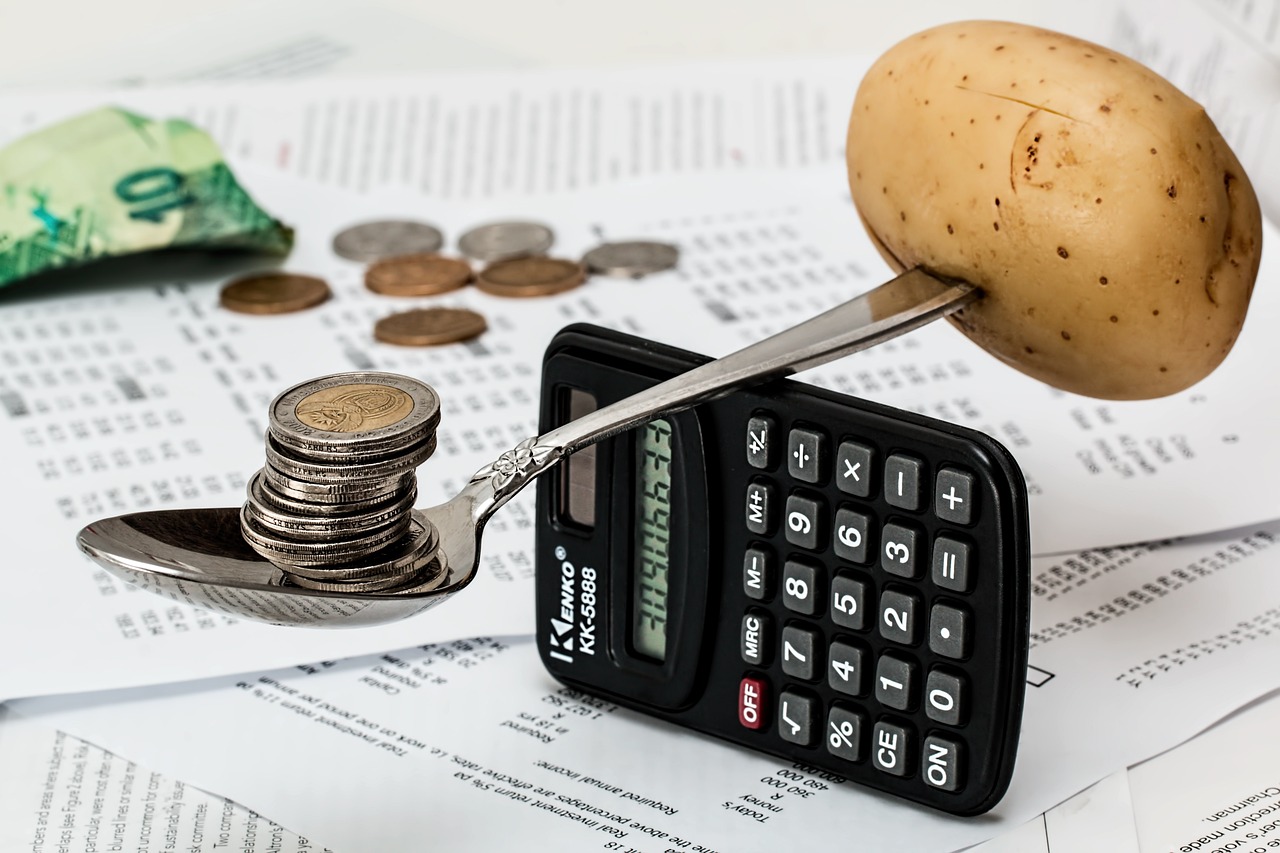In today’s fast-paced world, managing finances effectively is more important than ever. Money is a tool that we use to pay for goods and services, and without proper financial planning, it can be easy to fall into a cycle of overspending. Saving money isn’t just a strategy for the wealthy; it’s a necessity for everyone—from students to families, to those preparing for retirement. Understanding the importance of saving can provide long-lasting financial stability and ensure that you are prepared for the unexpected.
There are several reasons why people save money, including:
- Emergency Purposes: Saving for emergencies ensures that unexpected events, such as a car breakdown or medical bill, won’t derail your financial stability.
- Saving for Major Purchases: Whether it’s a mortgage or a new car, having a savings plan for these big-ticket items can help you avoid debt and stress.
- Future Expenses and Children’s Financial Well-being: Many save money for future needs like their children’s education or to ensure financial security as they grow older.
Practical Tips to Save Money on Everyday Expenses :
Saving money isn’t just about putting a little aside here and there; it requires intentional actions and careful planning. Here are some practical ways to save money on your daily expenses:
1. Set Up a Budget
Creating a budget is the foundation of saving money. By tracking your income and expenses, you can allocate funds for essentials, savings, and leisure activities. A well-balanced budget ensures you don’t overspend and helps you see exactly where your money is going. There are many budgeting apps available, or you can simply track it in a spreadsheet or notebook.
2. Cut Back on Spending
Small changes in your spending habits can add up significantly. Start by evaluating where your money is going and identify areas where you can reduce spending. For example, cutting back on dining out, limiting impulse purchases, or skipping expensive coffee runs can save you a substantial amount over time.
3. Track Your Spending
It’s easy to forget about small expenses that can pile up quickly. Whether you use an app or write down each purchase in a notebook, tracking every dollar you spend helps you stay mindful of your habits. By identifying patterns, you’ll be able to spot areas where you can cut back and save more.
4. Pay Off Debt Quickly
Debt, especially high-interest credit card debt, can drain your finances. The faster you pay it off, the less interest you’ll accrue, which means more money stays in your pocket. Prioritize paying down debt to free up funds for savings and reduce financial stress in the long term.
5. Save Spare Change
It’s amazing how much spare change can accumulate over time. Many people use apps that round up their purchases to the nearest dollar, automatically transferring the spare change into a savings account. This small, consistent savings method can add up quickly, and you won’t even notice it!
6. Ask Yourself, “Do I Really Need This?”
Before making any purchase, pause for a moment and ask yourself if it’s truly necessary. Impulse buys and unnecessary items can eat away at your budget. Being intentional about what you buy can help you save money and avoid buyer’s remorse.
7. Have No-Spend Weekends
Designate one weekend each month as a “no-spend weekend” where you focus on activities that don’t cost anything, like going for a walk, having a movie night at home, or cooking together. It’s a fun way to spend quality time while saving money.
8. Get Rewards for Spending
Take advantage of rewards programs, cashback offers, and loyalty points. Many credit cards and stores offer rewards for purchases, so make sure you’re using them to your benefit. These can provide discounts or even cash back on things you were already planning to buy.
9. Cancel Unnecessary Subscriptions
Take a close look at any subscriptions you’re paying for, whether it’s a streaming service, a gym membership, or magazine subscriptions. If you’re not using them regularly, it’s time to cancel. Those small monthly fees add up, and redirecting that money into savings can make a big difference.
10. Buy in Bulk
Buying items in bulk—like non-perishable food, toiletries, or household products—can save you money in the long run. Many retailers offer bulk discounts, and stocking up on items you use frequently ensures you’re paying less per unit. Just be careful not to overbuy perishables to avoid waste.
Saving money on everyday expenses doesn’t require drastic changes or significant sacrifices. By implementing simple strategies like setting a budget, tracking your spending, and cutting unnecessary costs, you can start building a financial cushion for the future. Remember, it’s the small, consistent changes that lead to big results. By being intentional with your money, you’ll gain more control over your finances and ensure that you’re prepared for both the expected and unexpected expenses life throws your way.
Start today—your future self will thank you.
